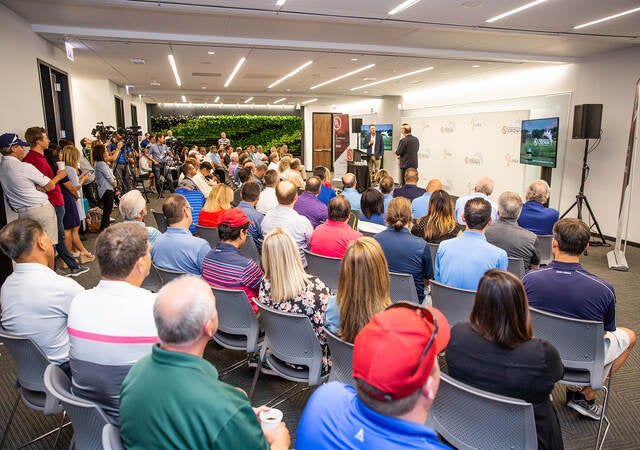June 26, 2024
In March 2024, a revised ISO 18562 series of standards was released and includes some additions and changes. On May 29, 2024, the U.S. Food and Drug Administration (FDA) published recognition of these updates.
Changes and revisions to the ISO 18562 series of standards, as of May 29, 2024, are as follows:
ISO 18562:2024-1 was partially recognized:
The parts of the standard not recognized are:
- Clause 7.2 and 7.3 b) 1) Parenteral toxicological information may be used in the absence of inhalational toxicological information without modification.
FDA did not recognize these clauses from the ISO18562-1:2024 standard, because they conflict with a portion of another recognized standard used for these devices, ISO 10993-1 (see "Extent of Recognition" in the link).
FDA recognized all parts of ISO18562-2, -3, and -4:2024, meaning that test reports should follow those standards as they are written.
Until July 5, 2026, FDA will accept submissions ("declarations of conformity") using either the 2017 and 2024 versions of ISO 18562.
Manufacturers need to be prepared to justify why they are exempt from the ISO 18562-2024 and the latest version of related biocompatibility standard ISO 10993 (2018).
Completing the required testing and exposure assessments in advance may help with FDA or notified body clearance, minimizing costly delays and time to market.
With fully equipped, ISO 17025 accredited chamber testing laboratories in Italy, the United States and China, UL Solutions combines state-of-the-art testing facilities with regulatory expertise in the EU MDR, the U.S. FDA’s 501(k) submission process and other global directives.
With more than 30 years of air quality expertise, we can help manufacturers better understand the volatile organic substances (VOSs), volatile organic compounds (VOCs) and particle emissions of their medical devices into the patient gas pathways. Evaluation of dry gas pathways is essential to complying with global mandates and compiling complete biocompatibility information for submission.
The regulatory approval process for medical devices is complex and not always well-defined. Rely on UL Solutions to help identify compliance requirements, provide testing services, and support manufacturers drive to achieve U.S. FDA 510(k) clearance, minimizing costly delays and respect time to market.
Official source
Get connected with our sales team
Thanks for your interest in our products and services. Let's collect some information so we can connect you with the right person.


